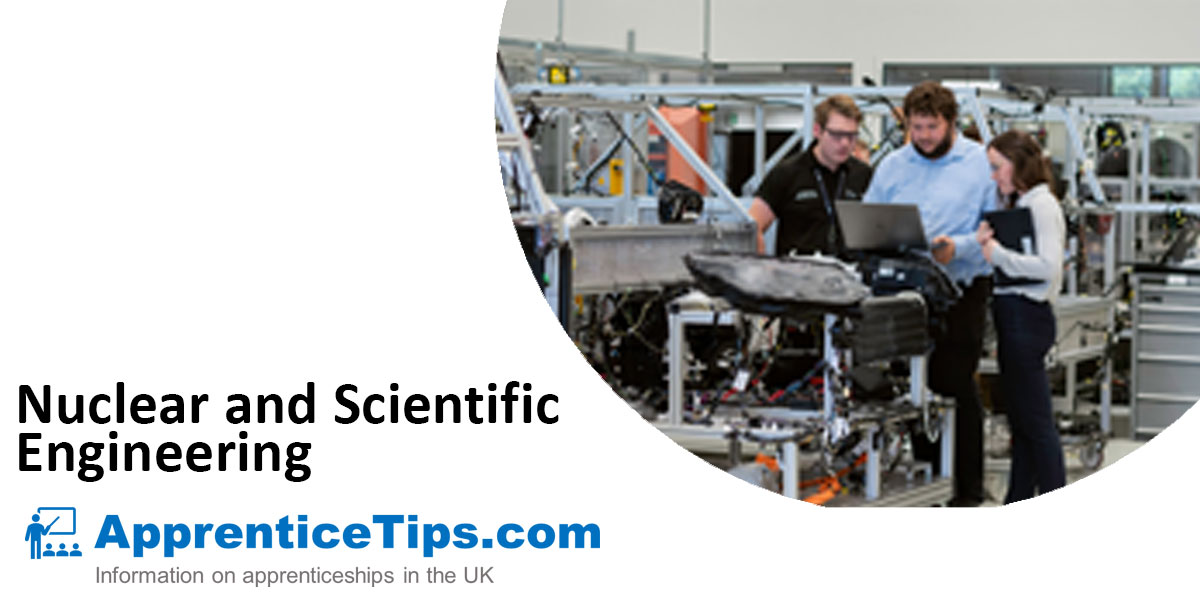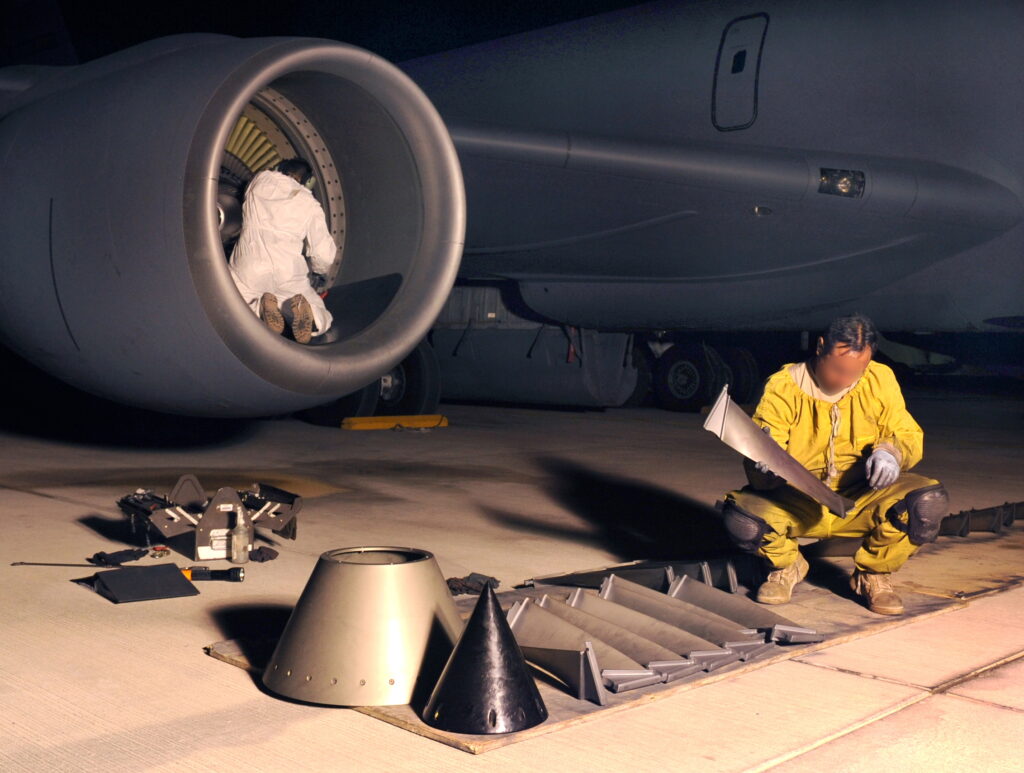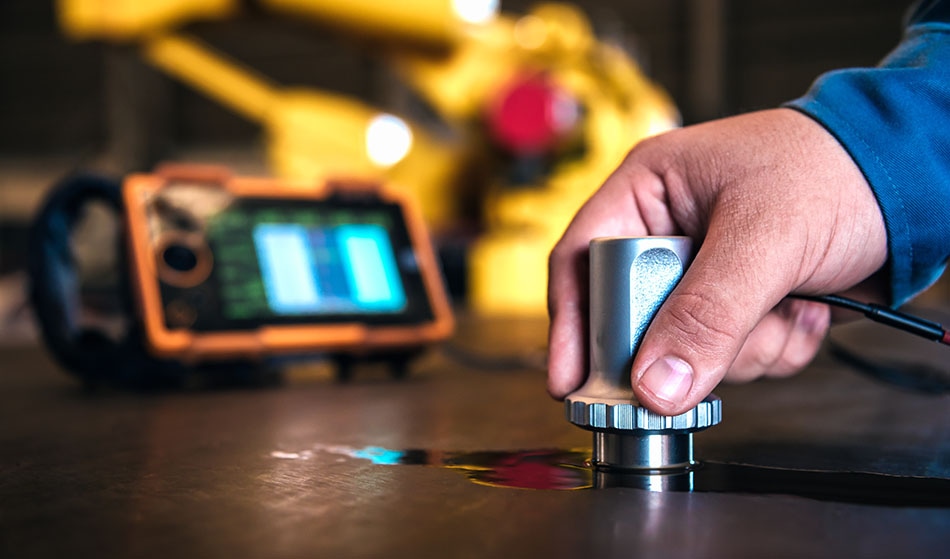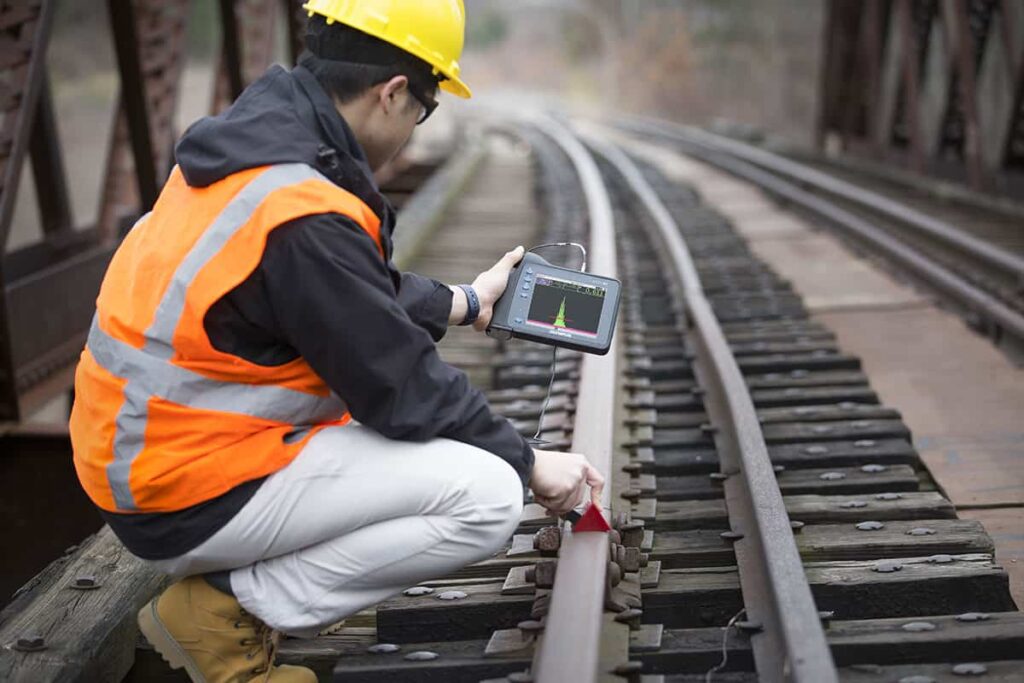A Nuclear Engineer (or a Nuclear Scientist) can fall under many names; Physicist, Research Scientist, Quality Engineer… This role is certainly not limited, nor is it small. If you have a knack for engineering and want to explore the scientific side of things, then look no further – we’re here to tell you everything you need to know about joining a Nuclear Engineering apprenticeship!
In this blog, we’re going to delve into a Level 6 apprenticeship, otherwise known as an ‘Integrated Degree’. This apprenticeship will typically last around 3-5 years, to offer a balance between hands on, work-based experience and academic time. Degree apprenticeships are great to go about learning your role in an exclusive hands-on way, at the same time as receiving academic achievement.
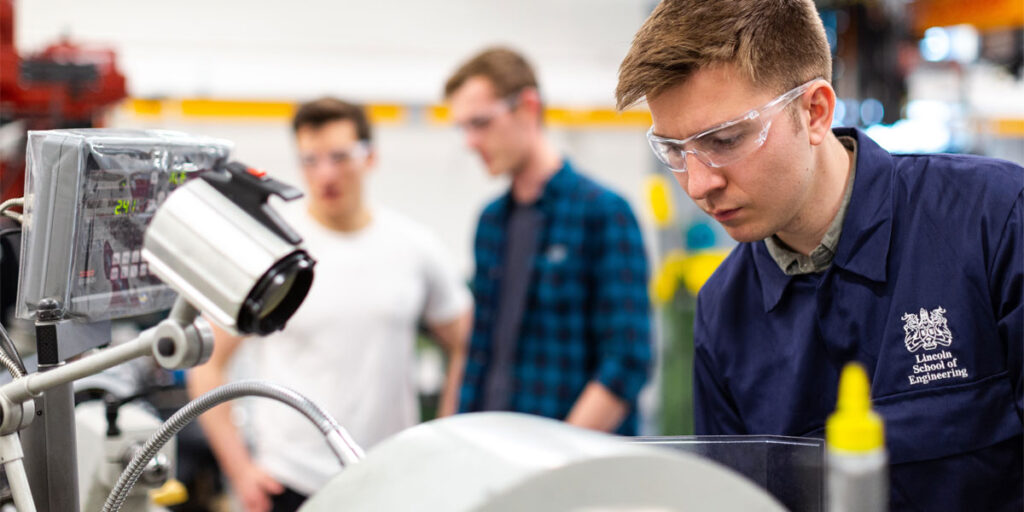
Jobs and entry criteria for Nuclear and Scientific Engineers
A Nuclear Engineering Apprenticeship means you’ll will be able to operate in high tech, complex environments safely, and will have a solid, core knowledge on engineering and scientific principles and practices. This role branches out into all aspect and will certainly keep you on your toes. You’ll be dabbling in (but not limited to): design, operation management, plant performance enhancements and maintenance of safety standards. It will be a constant role of realizing any issues, and adapting and overcoming with analytical thinking and new, innovative solutions. This role typically lands at around £20K – £35K per annum. Company dependent, can be even higher as you gain experience. Nuclear engineering apprenticeships take passion and dedication, as well as the willingness to learn.
Typically, to land yourself as a Nuclear Scientist and Nuclear Engineer, it will be dependent on the company employing you. Here’s what we have as a baseline…
- Five passed GCSE’s (C or above) in Maths, English and at least one Science.
- Usually, applicants have at least 96 UCAS points
- Alternatively, an existing and applicable Level 3 Apprenticeship.
It is also useful to get prior relevant experience where possible. After completing this apprenticeship, the candidate will hold a Level 6 qualification – equivalent to a Bachelor’s degree.
What are the Nuclear Engineering apprenticeships’ key responsibilities?
Throughout your role, you will carry out a list of roles that are all built into the job. Below are some of the typical roles you can be expected to fill. However, they are not limited to this list. There’s always something new on the job!
Some examples are:
- Working competently and technically to observe and monitor health, understand, and carry out risk assessments and safeguard
- To be able to use and apply engineering and scientific principles to problems and solve them
- Specify, manage, conduct and report on nuclear projects
- Demonstrate an understanding of the Regulatory requirements within your role and internationally
- Apply the standards for nuclear professional practice – as required by the industry
This list doesn’t touch all bases, but gives a solid idea of the kind of work you’ll be undertaking. To find out more info about the kind of work you’ll be doing, check here!
Engineering apprenticeships take concentration, a willingness to learn and get hands on, and the ability to monitor your own work.
What are your core competencies?
As you work through your role, you’ll (of course!) need to follow and learn certain behaviours/competencies. Typically, this position will consist of:
- Communicating effectively with your surrounding peers with specific language and knowledge.
- Work reliantly, autonomously, and effectively with those around you
- Demonstrate supportive and committed behaviour, and understand consequences
- Take on the responsibility to challenge any unsafe or irregular behaviours and conditions in the workplace, and understand the risk of such
- Manage time effectively and personally
Of course, there’s more behaviours to understand as you work through the role; The main behaviour is to be enthusiastic. Advocate for the industry – enjoy it! Nuclear Engineering Apprenticeships mean you’ll be doing a lot of independent work and learning.
Overview
Apprenticeships will always provide you with readied opportunities; learning through hands on experiences is valuable and sought after. Qualified engineers and scientists will have a constant pull of demand, and with the Level 6 apprenticeship, you’re ready with a degree and years of training. Learn more about your role! You’re also eligible to apply for professional registration as an Incorporated Engineer (IEng). Degree apprenticeships are fantastic forgiving you experience and on the job knowledge. They opening up more opportunities in the future!

